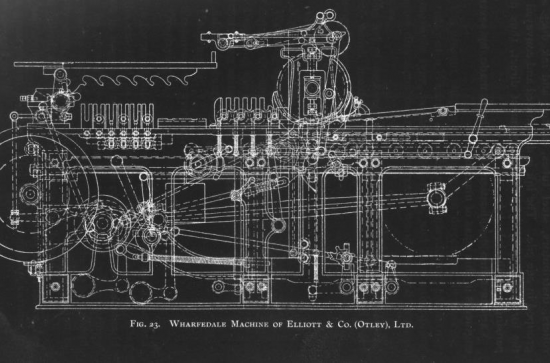
Within months of the 1916 Rising in Dublin, W.B. Yeats shaped the history of this political event into an aesthetic object. In characteristically modernist style, his title of his commemorative poem merged the punctual temporality of human history – ‘1916’ – with the cyclical recurrence of mythology – ‘Easter’. The first drafts were not written in Dublin but while the poet was holidaying with Maud Gonne in Normandy, possibly within earshot of the Western Front: a reminder of that European catastrophe which had done so much to ignite the Rising and direct the evolution of modernism generally.
Easter 1916 was not only a rebellion that included poets and literary critics, but also one that resonated in the modernist imagination. Amid the apocalyse, Yeats glimpsed the dawn of a new possibility rising above the GPO. And it can be argued that for James Joyce the disintegration of what had been Sackville Street and the military ruin of what was to become O’Connell Street form a composite image of the new modernist city. Some artists see modernism itself as a new beginning, an emancipation from the imperialisms then destroying Europe in war, while others see modernism as a tragic chaos, a permanent loss of value and direction.
This symposium will address the complex relationship between revolutionary politics and modernist art in the period between the outbreak of World War I and the foundation of the Irish Free State. What versions of the 1916 Rising, and of the events it ignited, do we find in Irish and British modernist literature? Along with literary attempts to represent the Rising, what other traces, echoes and residues did it leave in modernist aesthetics? And to what degree can the Rising itself be usefully understood as a distinctively modernist act or style of politics?
Plenary Speaker
Prof Paul K. Saint-Amour
(University of Pennsylvania)
Chair: Prof Luke Gibbons, MU
Paul K. Saint-Amour is one of the leading figures in contemporary modernist studies. His latest book, Tense Future: Modernism, Total War, Encylcopedic Form (OUP, 2015), is a pioneering study of the impact of ‘World War’ on the form of the modernist novel, including Joyce’s Ulysses.
Other speakers will include: Prof Anne Fogarty (UCD); Catherine Marshall (IMMA); Dr Michael G Cronin (MU), Prof Eve Patten (TCD); Prof Lionel Pilkington (NUIG); Prof Joe Cleary (MU)
Organizers: Dr Michael G. Cronin and Dr Guy Woodward, English Dept, Maynooth University
This event is supported by Maynooth University’s Commemoration Committee, Maynooth University Research Office and the Department of Foreign Affairs Peace and Reconciliation Fund.
